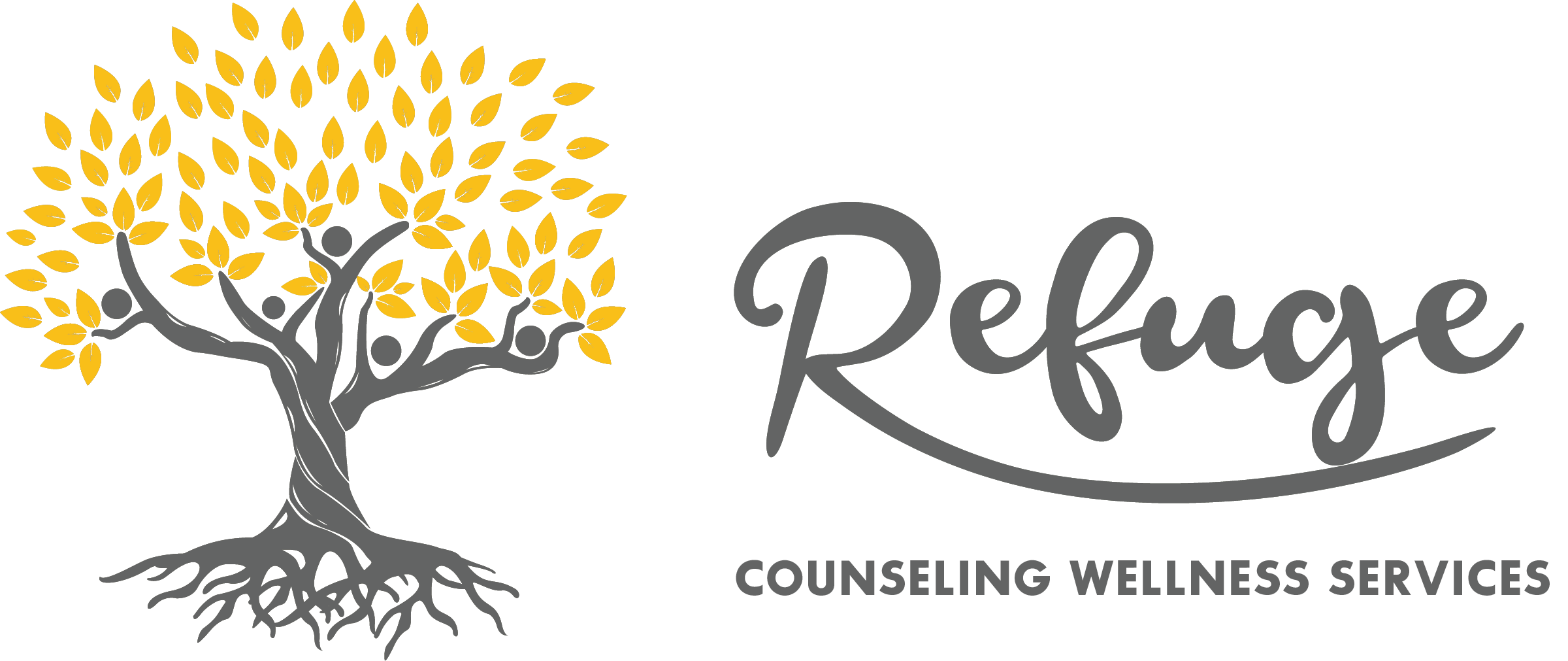For hundreds of years, and currently, women have shared their stories of sexual abuse and are being silenced, blamed, dismissed and accused of false testimony. Many are shamed, blacklisted and deemed the problem, while the abuser is overwhelmingly provided unwavering support. How do I know? Because I, a licensed therapist, experienced shame and blame by church members and Police Officers when I reported sexual abuse against a former Pastor years ago. How do I know? Because I work with survivors that are doing the hard work in therapy to heal from the shame and guilt produced by their sexual trauma. This appears to be the social norm: A survivor finds the courage to finally share their story, and individuals attempt to discredit it with statements such as, “why speak up now,” “this is a witch-hunt,” “you led him on” “he didn’t abuse you, it was consensual” “you shouldn’t dress like that then” “you liked him anyway.”
The Entire Country Has Officially Been Put On Notice
Oprah’s acceptance speech at the Golden Globes was ignited by righteous indignation against sexual assault injustices in the workplace, in churches, the military, in law enforcement, in abusive marriages, in schools and in Hollywood. With a couple of sentences, she officially put the entire Country on notice by declaring ‘enough is enough’ and calling such persons who abuse to account, and I would add, calling those who enable abusers to account as well, “For too long women have not been heard or believed if they dared to speak their truth to the power of those men. But their time is up!”
It is no longer socially acceptable to shame and dismiss a survivor’s story just because you do not believe them. It is their story. You were not there. It is no longer ok to throw unwavering support behind an abuser under the guise of, “God forgives and you need to also” or “He’s not perfect, he’s just a man,” without condemning the harmful abusive act(s). It is not ok to blame your daughter for your brother, boyfriend or husband’s sexual actions against her. It is no longer ok for you to say to a victim, “this was your fault.” Why? Because the #MeToo community is large and strong and will no longer tolerate such treatment any further.
She ended her speech by encouraging young girls and women alike of the hope of a better America where we will no longer have to say #MeToo, “So I want all the girls watching here, now, to know that a new day is on the horizon! And when that new day finally dawns, it will be because of a lot of magnificent women, many of whom are right here in this room tonight, and some pretty phenomenal men, fighting hard to make sure that they become the leaders who take us to the time when nobody ever has to say “Me too” again.
***We cannot forget that the “Me Too” movement was founded and started by African American activist Tarana Burke about 10 years ago. Burke started the campaign to bring awareness to women and girls of color in underprivileged communities who have experienced sexual abuse and assault because they are often forgotten about. Thank you Tarana for your work and bringing this to the national stage, despite the lack of credit given!


